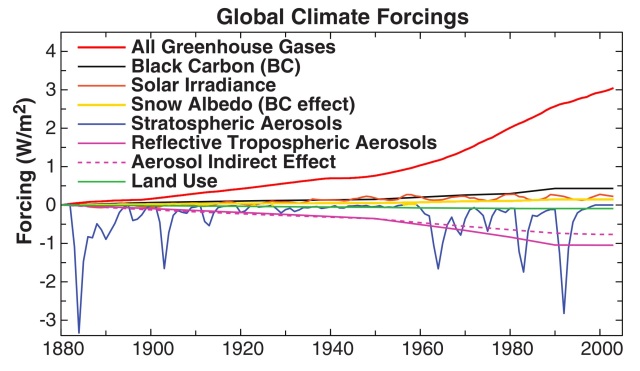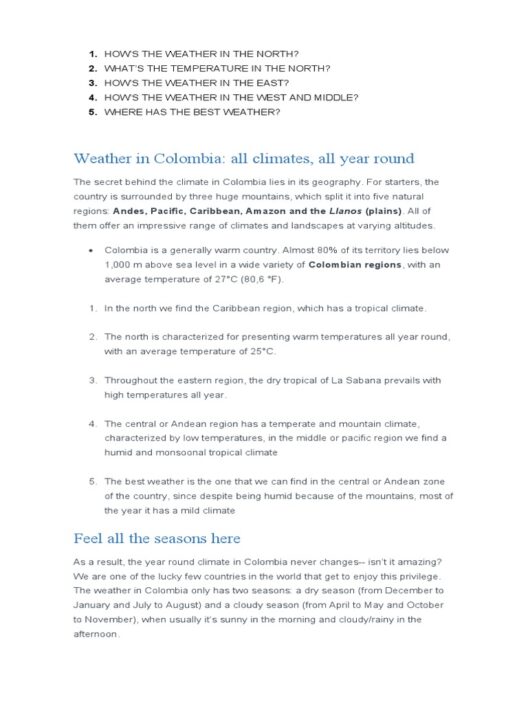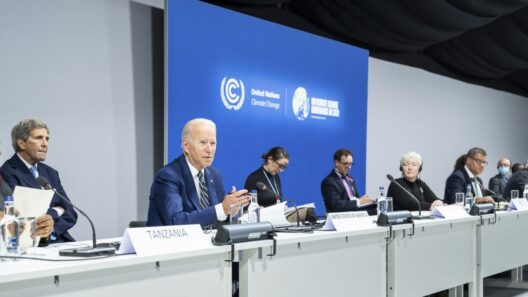In recent decades, the discourse around climate change has increasingly illuminated the pivot towards understanding human impacts on global warming. Central to this conversation is the question: Do the majority of scientists support the notion that human activities significantly contribute to climate change? The National Oceanic and Atmospheric Administration (NOAA) has weighed in on this critical subject, offering a plethora of evidence and a consensus that is difficult to overlook.
The scientific consensus on climate change is robust and multifaceted. Numerous studies have demonstrated that an overwhelming majority of climate scientists agree that human activities, particularly the combustion of fossil fuels and deforestation, are primary contributors to the observed increase in average global temperatures. This consensus is not merely a transient fad or an ideological stance; it is grounded in rigorous scientific research and peer-reviewed literature.
To begin with, multiple surveys indicate that upwards of 97% of actively publishing climate scientists agree that human-caused greenhouse gas emissions are the leading driver of global warming. This statistic is pivotal. It underscores a profound agreement within the scientific community about the anthropogenic origins of climate change. The overwhelming majority ethos is derived from extensive research, and it is a reflection of a coherent narrative built upon decades of empirical data.
At the heart of this scientific consensus lies the greenhouse effect, an essential concept in climate science. Greenhouse gases, including carbon dioxide (CO2) and methane (CH4), trap heat in the Earth’s atmosphere. This phenomenon has been exacerbated by industrialization, which has markedly increased the concentration of these gases over the last century. The result is an alarming trend of rising global temperatures, which has been definitively linked to various human activities.
The potential consequences of climate change are dire. Elevated temperatures are predicted to cause more extreme weather events, including hurricanes, droughts, and heatwaves. Moreover, rising sea levels threaten coastal communities, while altered ecosystems put immense pressure on biodiversity. The implications are not merely environmental; they extend into socioeconomic realms, where impacts on agriculture, public health, and infrastructure will be keenly felt by all sectors of society, particularly the most vulnerable.
Despite the overwhelming evidence, misinformation continues to permeate public discourse. Some skeptics persistently suggest that natural variability accounts for the changes we observe. While it is true that the climate has undergone natural fluctuations throughout history, the velocity and extent of recent changes starkly deviate from these historical patterns. NOAA’s rigorous assessments of climate data have shown that the current rate of warming is unprecedented in the context of geological history.
NOAA plays a pivotal role in curating and disseminating climatic information. Their research encompasses a vast array of data sources, including satellite observations, oceanic measurements, and atmospheric studies. This comprehensive approach helps ensure that the conclusions drawn are robust and reliable. Their assessments not only reinforce the consensus on human-caused warming but also provide actionable insights that can inform policy decisions aimed at mitigating climate impacts.
One of the most compelling aspects of NOAA’s contributions is its ability to communicate complex scientific findings to the public effectively. Engaging content formats, such as interactive web tools, informative videos, and accessible publications, serve to educate the layperson on the intricacies of climate science. By doing so, NOAA empowers individuals to understand the empirical evidence supporting the urgent need for climate action.
In addition to isolated research endeavors, collaborative initiatives foster convergence among scientists globally. Organizations such as the Intergovernmental Panel on Climate Change (IPCC) synthesize research on climate change, incorporating diverse perspectives from across continents and disciplines. The IPCC’s comprehensive reports articulate the gravity of the situation and elucidate the scientific consensus on anthropogenic warming. Such international collaborations complement NOAA’s efforts, creating a more coherent understanding of climate impacts on a global scale.
It is prudent to recognize that the discourse surrounding climate science is inevitably intertwined with political and economic interests. The influence of fossil fuel industries has historically sought to obfuscate scientific consensus. Despite this resistance, the overwhelming evidence presented by scientists, reinforced by respected institutions like NOAA, continues to erode the foundation of denial. This battle over public perception underscores the importance of credible scientific communication and advocacy for policy change grounded in empirical evidence.
In concluding, the question of whether a majority of scientists support the notion of human-caused global warming yields a resounding affirmation: Yes, they do. The consensus established by NOAA and other scientific entities transcends mere opinion; it is a testament to the urgency of addressing climate change. Addressing the multifarious impacts of this crisis requires collective acknowledgment of the scientific findings and the implementation of comprehensive solutions. As global citizens, understanding and acting upon this consensus will play a crucial role in safeguarding the planet for future generations.
By engaging with the scientific community and advocating for informed public policy, individuals can contribute to a movement that prioritizes sustainable practices and environmental stewardship. The evidence is irrefutable, and the imperative for action is clear. Embracing scientific consensus on climate change is not just a matter of intellectual agreement—it is a necessity for survival in an era defined by unprecedented climatic challenges.







